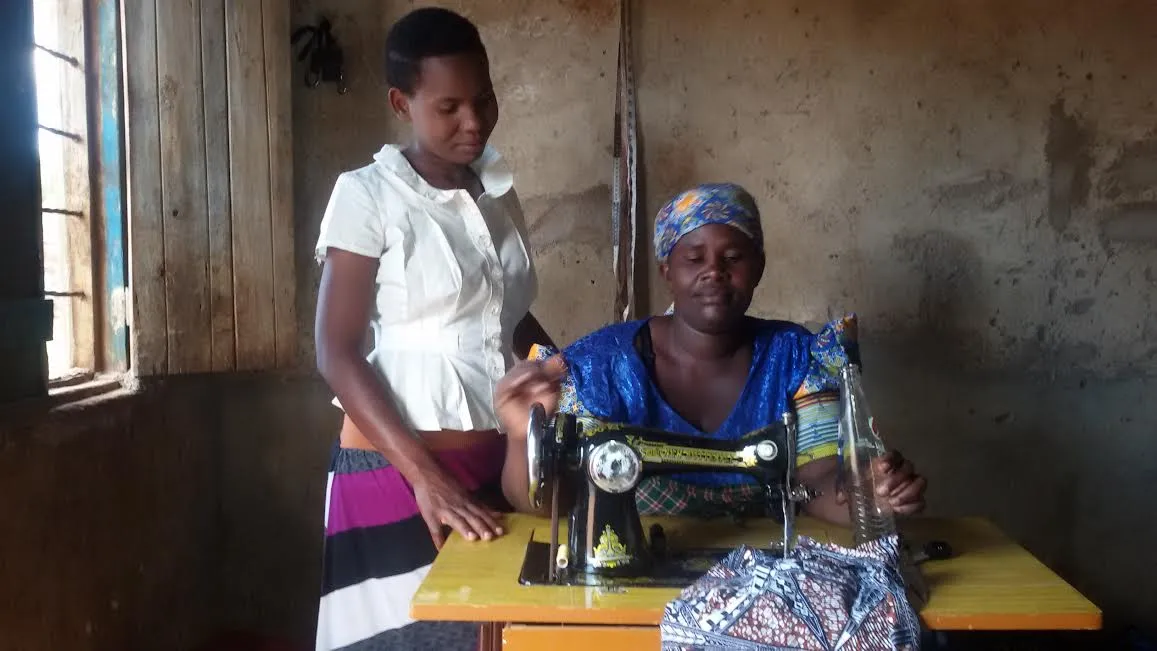At the dawn of free nations within East Africa in the 1960s, Tanzania found itself in its infancy, already entrusted with the task of bringing development to its people. The seemingly insurmountable charge that it was given to move the needles of education, public services, infrastructure, healthcare, the economy, and many more, was the setting for the long journey that lay ahead and continues to this very day. Development for the people was one of the many responsibilities that lay in the hands of those in leadership, and the models for bringing about that development would face many iterations over the years as the concept of development on a global scale became more defined and understood.
In the early 2000s, it became apparent that development was only defined by a few groups of people who had the most visibility and were decision-makers in all things related to development. These groups are development stakeholders, including the government and development partners (DPs). This top-down development was then supposed to trickle down to those who were in the greatest need. The voices of those who truly needed development were not represented in development conversations. However, we have learned in the last two decades that, for development to be effective and sustainable, it has to follow the bottom- up model where the people themselves are active players in the cycle of development.
The NGO Act in 2003 allowed for the creation and functioning of CSOs and provided an officially recognized platform for people to come together and work alongside the other stakeholders in development. The people could be a central part of bringing change to their local communities, solve issues as groups, gather and allocate local and regional resources, and be a voice for those they represent. The people would have a voice at the table like the other stakeholders in development. The people will be at the center of development. Throughout its history, FCS has embraced an approach to development that engages citizens in the decisions and actions that affect their lives. The organization has focused on building local agents of change who can create lasting impact in their communities.
As the world grows more interconnected and globalized, CSOs will not be able to carry out their responsibilities unless they grasp the local context. They are not less important; rather, their responsibility is to be aware of and active in what is going on locally and globally. This means that CSOs need to be aware of the ways in which they can reform society in a way that gives people more agency and makes them effective agents of change. One important way to create sustainable change in a community is to invest in its local agents of change. These are the individuals who have a deep understanding of their community and who are best positioned to identify and act on opportunities for growth. By supporting these individuals, we can help them to develop their skills and resources, and create connections that will allow them to bring about positive change in their community. Truly participatory development enables people to tap into their own resources and creativity. By working together, citizens can identify the unique strengths and talents of their community and use them to achieve common goals. This not only leads to more sustainable solutions but also builds a sense of ownership and empowerment among community members.
CSOs must, however, be cautioned against the rise of self-interested local champions. If not done correctly, development processes can be dominated by a small group of vocal individuals while others remain silent. Another challenge is ensuring that projects are sustainable over the long term. Without proper planning and support, loose groupings and movements can quickly lose momentum and fail. Despite these challenges, community-led development offers a promising way to achieve lasting change in communities around the world. By empowering citizens to take control of their own destinies, we can create prosperous, resilient communities that are better able to withstand adversity and thrive in the face of challenges.

























